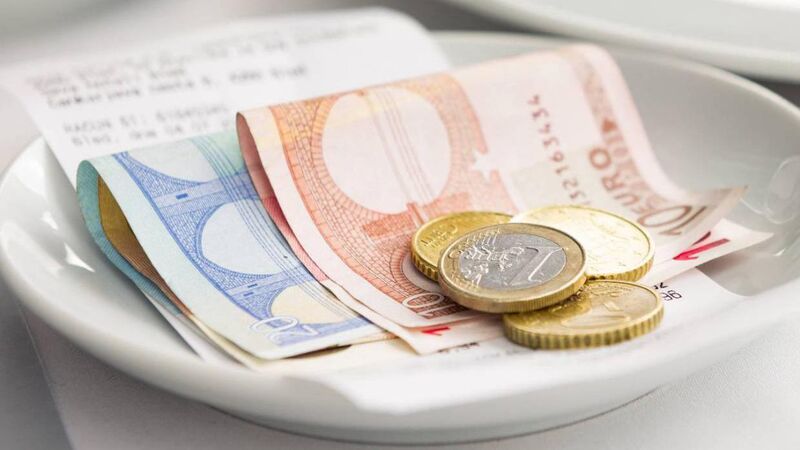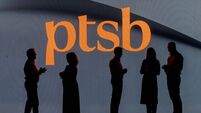Vat cuts may not be passed on to consumers - Minister

The VAT rate for hairdressers, restaurants and restaurants in hotels will drop from 13.5% to 9% from July 1 onwards. It will cost €232m for half a year and over €600m for a full year.
Enterprise Minister Peter Burke has defended the Budget 2026 VAT cuts for hospitality, as he admitted that it may not be viable for businesses to pass it on to customers.
The Government was lambasted by the opposition for introducing such sweeping VAT cuts for hospitality that extended to large fast food outlets, branding it a “McBudget” and “Big Mac” Budget.











